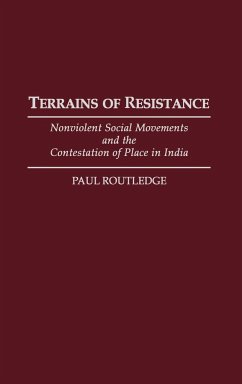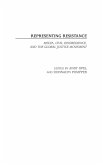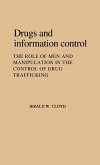Drawing from the field of political sociology, geography, anthropology, and peace studies, Routledge explores how peasant communities in rural India form effective resistance movements against displacement, dislocation, and cultural destruction engendered by the development process. He shows how the Baloapal movement--resisting a missile base--and the Chipko movement--resisting a program of deforestation--offer rich lessons in development strategies, nonviolent sanctions, and grassroots social change. The sanctions chosen by the movements are shown to be of particular importance and to have emerged from the participants' profound sense of place. Core beliefs, traditional values, and common goals are summoned to inspire beleaguered communities and are employed to resist outside domination and despoliation. Terrains of Resistance, accordingly, marks sites of conflict in specific times and places at the essential levels of belief and culture. They juxtapose the state's coercive power in support of development against the ingenuity and tenacity of grassroots movements. A highly informed, well written work showing the potential for nonviolent sanctions throughout the developing world, and the possible implications of continued grassroots mobilizations. This book will be of particular interest to students of social movements and Indian politics and to political scientists, sociologists, geographers, and anthropologists.
Hinweis: Dieser Artikel kann nur an eine deutsche Lieferadresse ausgeliefert werden.
Hinweis: Dieser Artikel kann nur an eine deutsche Lieferadresse ausgeliefert werden.








